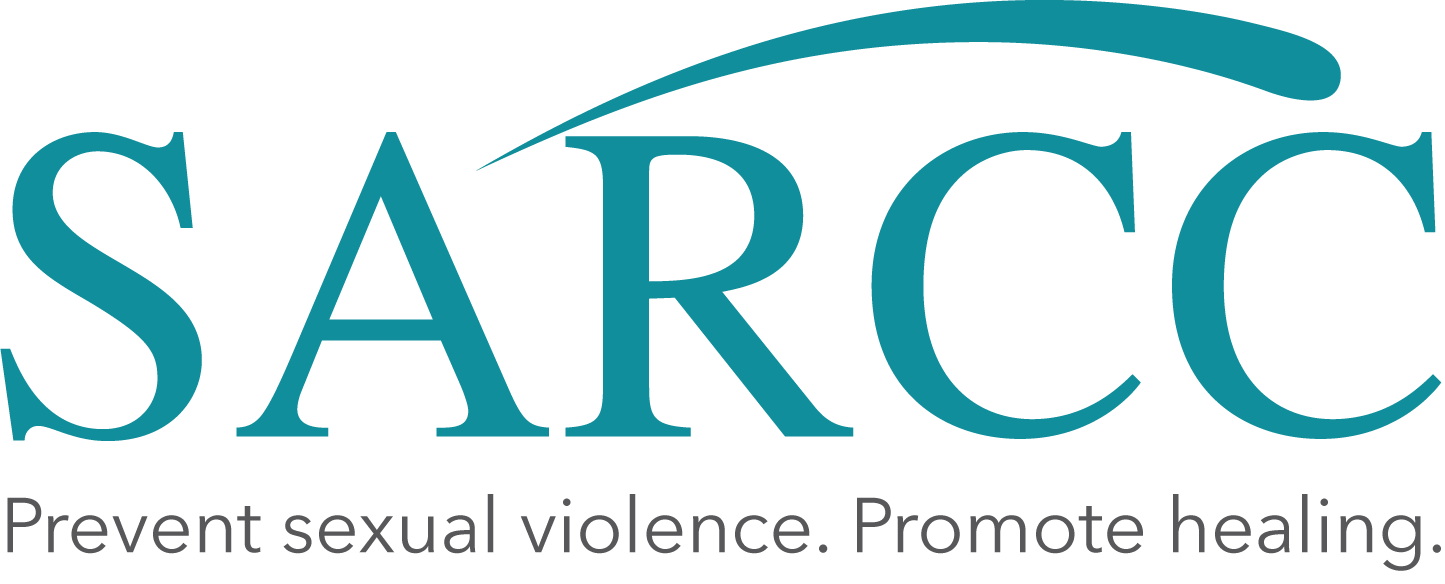Since 2010, January has been recognized as a National Month for promoting community awareness and prevention efforts on human trafficking. Human Trafficking includes any use of fraud, force, or coercion to control victims for the purpose of engaging in commercial sex acts or labor services against their will in exchange for anything of value.
Human trafficking is also associated with other forms of violence in the community. Crimes related to sex trafficking, labor trafficking, survival sex, and gang activity are connected, and often run just below the surface in communities.
The general public often believes that trafficking is limited to international transportation of victims for the purpose of labor or sex. However, domestic trafficking (trafficking that happens locally, or between states) is also very common.
Traffickers can include family members, parents, caregivers, intimate partners, friends, or strangers. Most traffickers have or create a relationship with their target. This helps to facilitate the grooming process. Common grooming strategies include meeting basic needs, isolating the potential victim from friends or family, or taking over control of housing, documentation, or identification papers.
While anyone could potentially be targeted by a trafficker there are some general vulnerabilities that can make an individual more susceptible to being trafficked. Some common trafficking-related factors include: people experiencing homelessness, or runaway youth; immigrant/migrant status; people struggling with substance use; past experience with victimization; or LGBTQI+ identity.
Trafficking is a crime that hides in plain sight. Trafficking survivors often do not see themselves as victims of crime, and often avoid victim services and law enforcement. If you notice concerning behaviors, business practices, or see patterns of trafficking in your neighborhood, everyday citizens are often the ones to identity and intervene in trafficking.
Reports of sex trafficking involving children should be made immediately to ChildLine, either online or by calling 1-800-932-0313. Reports of suspected human trafficking may also be made to 911 or to the National Human Trafficking Hotline at 1-888-373-7888, or text “BeFree” (233733) to make a report.
Community members who have concerns with immigration may have access to legal supports, protections, and counsel to navigate systems and support. These resources are available through the ISAN Network, and SARCC is a participating partner and location for these services. If an international victim chooses to cooperate with law enforcement in the prosecution of the traffickers, the victims may be granted access to several types of immigration assistance or visas.
To learn more about trafficking, get help for a potential trafficking case, or to connect with a counselor for 24-hour support, community members can contact SARCC at 717-272-5308.
Resources of the Week: What is Human Trafficking (English & Spanish versions attached)


